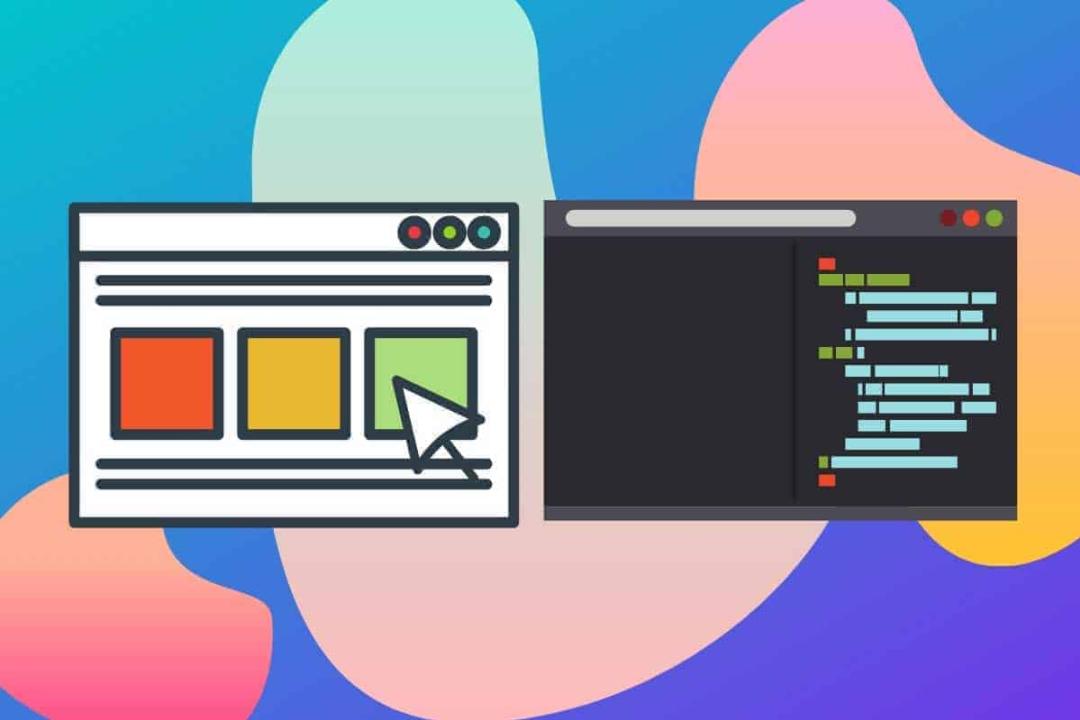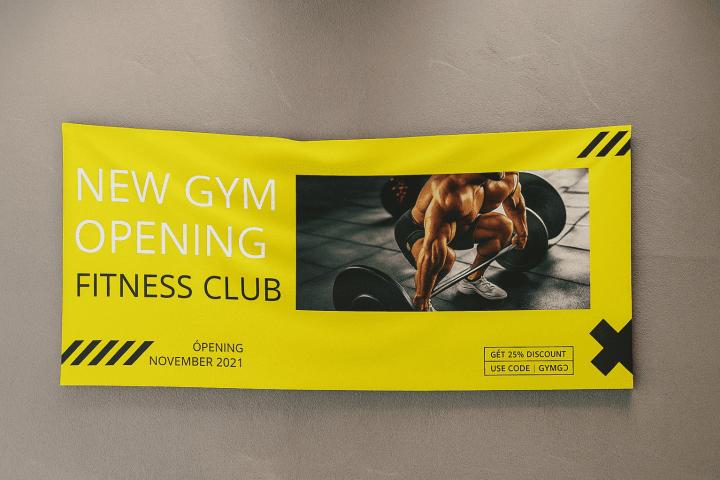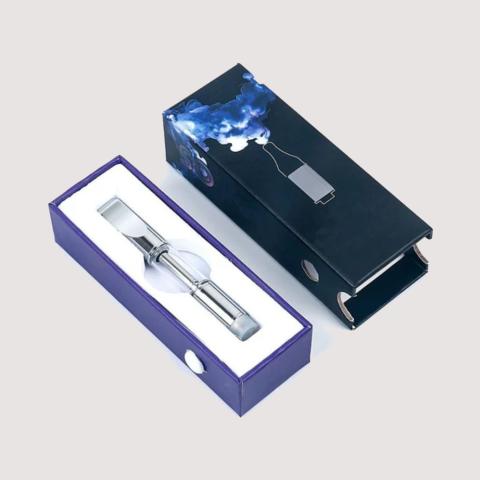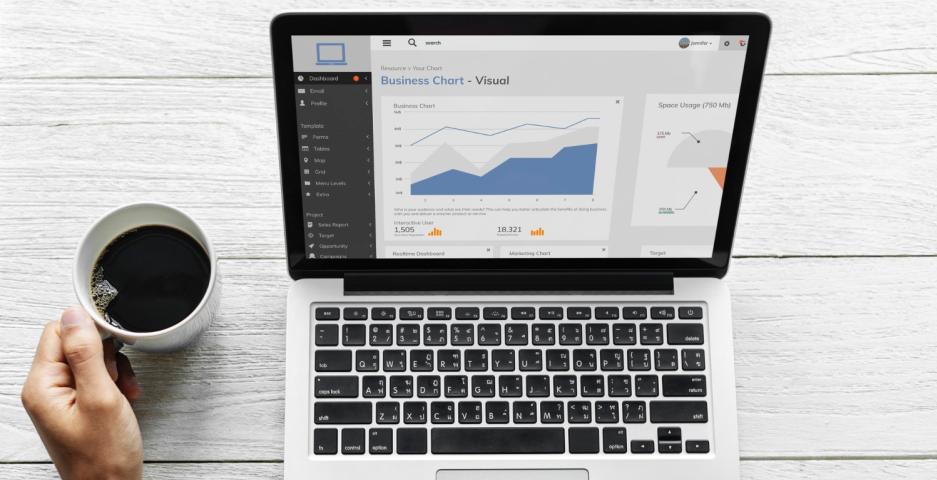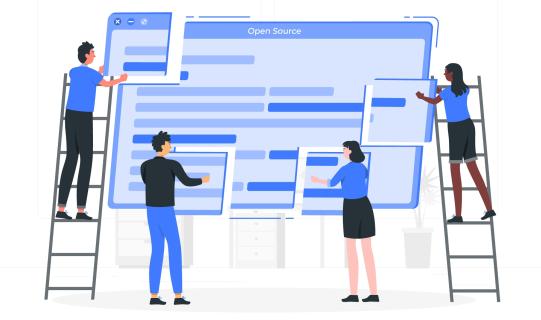Introduction: Why Website Design Choices Matter
Your website is the digital face of your business, and how it looks—and works—can influence a customer's decision to engage with your brand. When building or revamping a website, one of the first decisions you’ll face is whether to use a template-based design or opt for a custom website design. Both approaches have their pros and cons, and the right choice depends on your needs, goals, and budget. In this article, we’ll break down the key differences to help you decide what’s best for your brand and how to find the best website design services to bring your vision to life.
What Is Template Website Design?
Template website design involves using pre-designed layouts and structures that can be quickly customized with your content and images. These templates are often available through website builders like Wix, Squarespace, or WordPress themes.
- Pros: Fast to launch, low cost, beginner-friendly
- Cons: Limited flexibility, risk of looking generic, may not scale well
Template designs are great for small personal projects or businesses just starting out with tight budgets, but they can feel restrictive for those who need a unique or complex solution.
What Is Custom Website Design?
Custom website design, on the other hand, is built from the ground up to match your brand, user experience goals, and functional needs. This process involves working with web designers and developers to create a tailored solution.
- Pros: Unique design, scalable, brand-specific functionality, improved performance
- Cons: Higher initial cost, longer development time
Design Flexibility and Uniqueness
One of the biggest differences lies in creative freedom. With templates, you're restricted to what the theme allows. Even with customization, your site may look similar to many others using the same layout. Custom design, however, gives you total control over:
- Layout and structure
- Visual identity (colors, typography, imagery)
- Interactive features and animations
If standing out is important in your market, custom design offers a huge advantage.
Branding Consistency
Your website should visually align with your overall brand identity. Templates can make this difficult due to fixed structures and limited design options. Custom websites, designed with your brand in mind, provide consistency across every element—from your homepage to call-to-action buttons.
Performance and Speed
Template websites often come with unnecessary code and features that can slow down your site. Poor performance impacts both user experience and search engine rankings. Custom websites, by contrast, are optimized for performance from the start. Developers can ensure fast loading times, mobile responsiveness, and SEO-friendly coding—all vital for competitive businesses.
Scalability and Future Growth
If you plan to grow your business, you’ll want a website that grows with you. Templates might not support advanced features like custom checkout flows, complex user dashboards, or third-party integrations. Custom websites are built with future needs in mind. You can scale functionality, integrate new tools, and adapt the site as your business evolves, making it a smarter investment in the long term.
Cost and Time Considerations
Templates are inexpensive and quick to launch, which makes them appealing to startups. However, the lower upfront cost can lead to higher costs down the line if the site needs major changes or doesn’t support your growth. Custom websites involve a higher initial investment, but you’re paying for quality, performance, and flexibility. Engaging the best website design services ensures you get a return on that investment through improved user experience and conversions.
Support and Maintenance
Template sites usually rely on external platforms or theme providers for support, which can be limited or inconsistent. Custom websites often come with dedicated support from the team or agency that built them. This means faster bug fixes, better security, and proactive improvements over time, crucial for businesses that can’t afford downtime or technical issues.
Conclusion: Which One Is Right for You?
The decision between template and custom website design depends on your budget, goals, and the role your website plays in your business. Templates may suit short-term projects or small-scale operations, but custom design is the better choice for businesses that want a powerful, professional, and scalable online presence.
